Walnut juice, also known as walnut milk, is very tasty. Here’s how to make it and what it’s good for.
Next, the step by step recipe.
Where do we start?
Tools
- A nutcracker.
- A blender.
- Large cup or glass.
- Strainer and filter (optional).
Ingredients
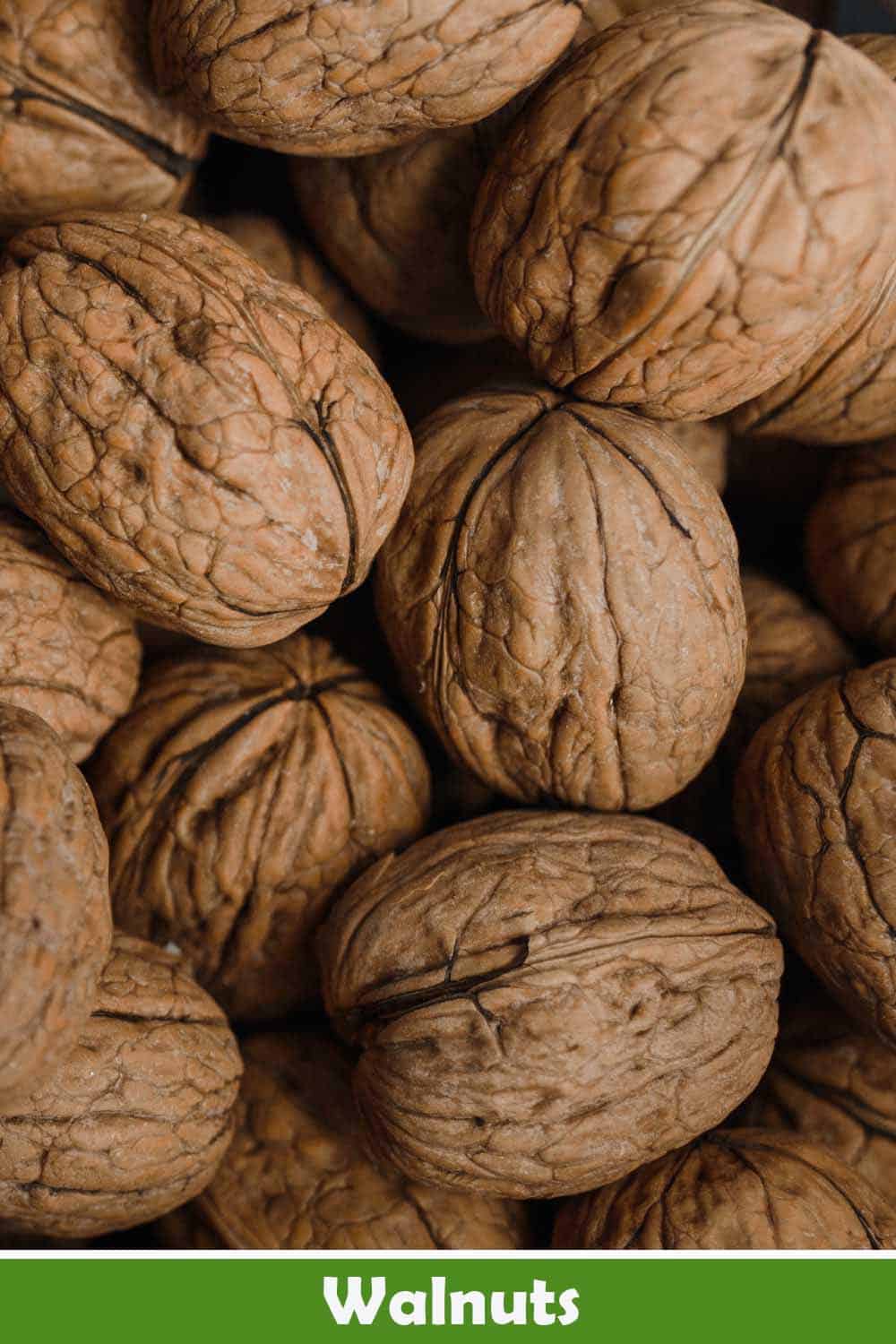
Next, the ingredients.
- A handful or 30g of raw, shelled walnuts (equivalent to about 7 walnuts in the shell).
- 1 cup (250ml) of water or milk for the smoothie. Remember that using milk will add a significant amount of calories.
- Optional: enough water to soak the walnuts.
Recipe / Preparation: Walnut juice with or without milk
The preparation is simple.
- If you have whole walnuts, start by shelling them with a nutcracker.
- Optional: Place the nuts in a container covered with clean water and let them soak for at least 8 hours. Then, drain and rinse the food. This will make the drink easier to digest.
- Blend everything with the liquid for 1 minute.
- Optional: You can filter the beverage for a more liquid, drinkable result, but this removes fiber and other nutrients from the pulp (the dry residue left after filtering).
Finally, serve and enjoy!
VIDEO
What’s walnut juice good for? – Properties and benefits
A 30 g serving of shelled walnuts, like the one we used in the recipe above, is estimated to include:
- Calories: 196 kcal.
- Proteins: 5 g.
- Carbohydrates: 4 g.
- Fiber: 2 g.
- Healthy fats (such as omega-3).
- Powerful antioxidants and anti-inflammatories (polyphenols, vitamin E and others).
- Calcium, magnesium, phosphorus, potassium, folate and more nutrients.
Given the above and what the experts say, moderate and regular consumption of homemade, milk-free and unfiltered walnut juice may:
- Help avoid blood sugar spikes. Its fiber, antioxidants, magnesium and water combined with its low carbohydrate content may help prevent and reduce high blood glucose levels.
- Promote brain health. Antioxidants play an essential role here.
- Improve digestive health and promote bowel movements. Fiber and water are key to this.
- Lower bad cholesterol (LDL), help prevent high blood pressure and improve / prevent circulation problems. Largely due to its antioxidants, water, fiber, potassium, magnesium and healthy fats.
- Reduce oxidative damage and prevent diseases.
- Be useful for vegans or vegetarians. Since they don’t eat meat, they need other sources of protein and more substances. In this sense, walnut juice may help meet these nutritional needs.
If you’re interested, we’ve more information on these topics in our posts on lowering sugar, brain and memory, constipation, detox, cholesterol, hypertension and blood circulation.
Important: although it’s many benefits, remember not to overconsume this drink and to maintain a healthy eating plan.
Does walnut juice work for weight gain?
The recipe with water has 196 kcal, and with milk, about 342 kcal (which’s quite a lot for 1 single juice). Also, adding some sweetener increases these numbers.
With this in mind, walnut juice may help to achieve a caloric surplus and gain weight if combined with the right diet and habits.
To learn more, visit our section on juices to gain weight.
To see all our recipes with walnut, click here.


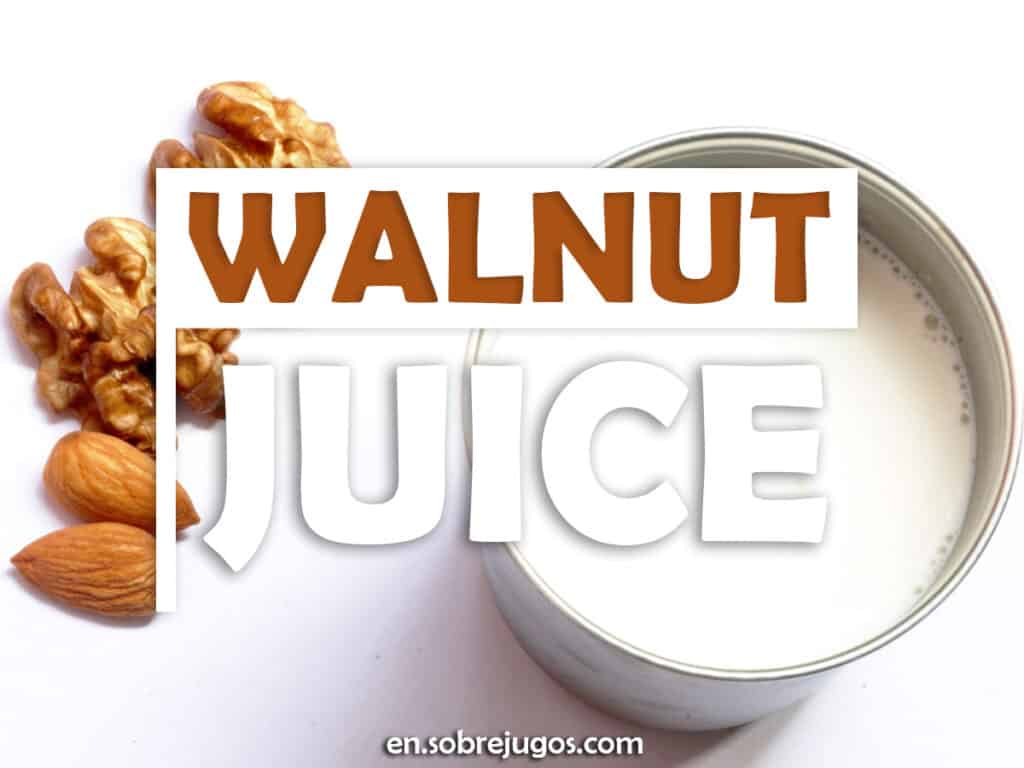
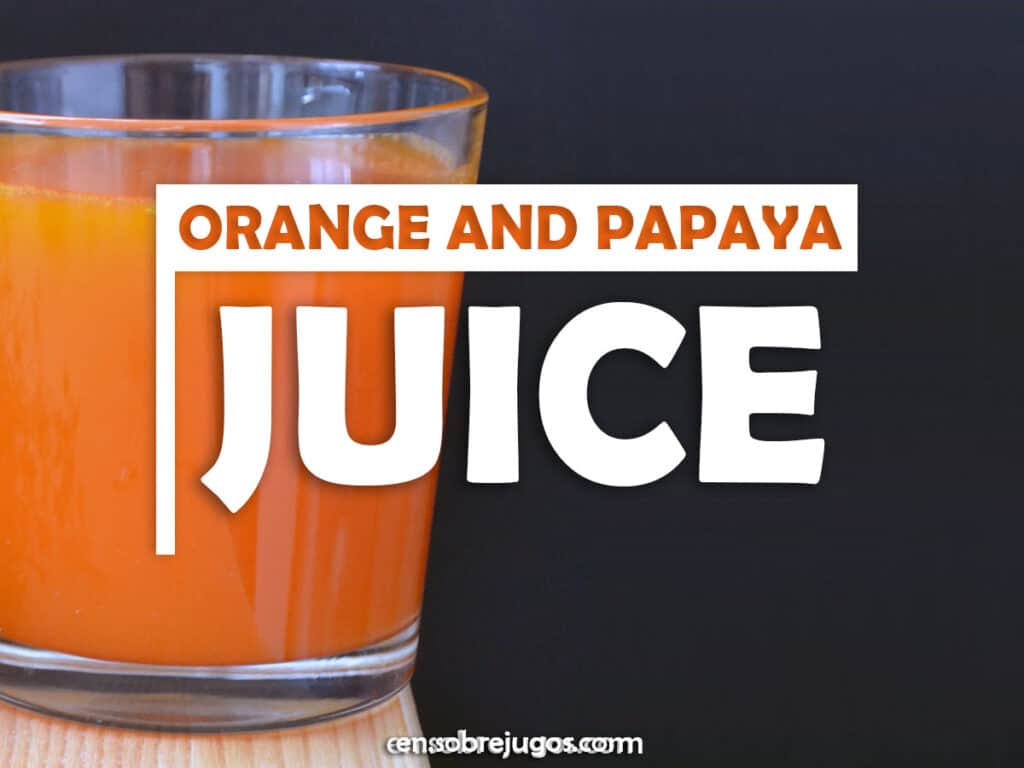
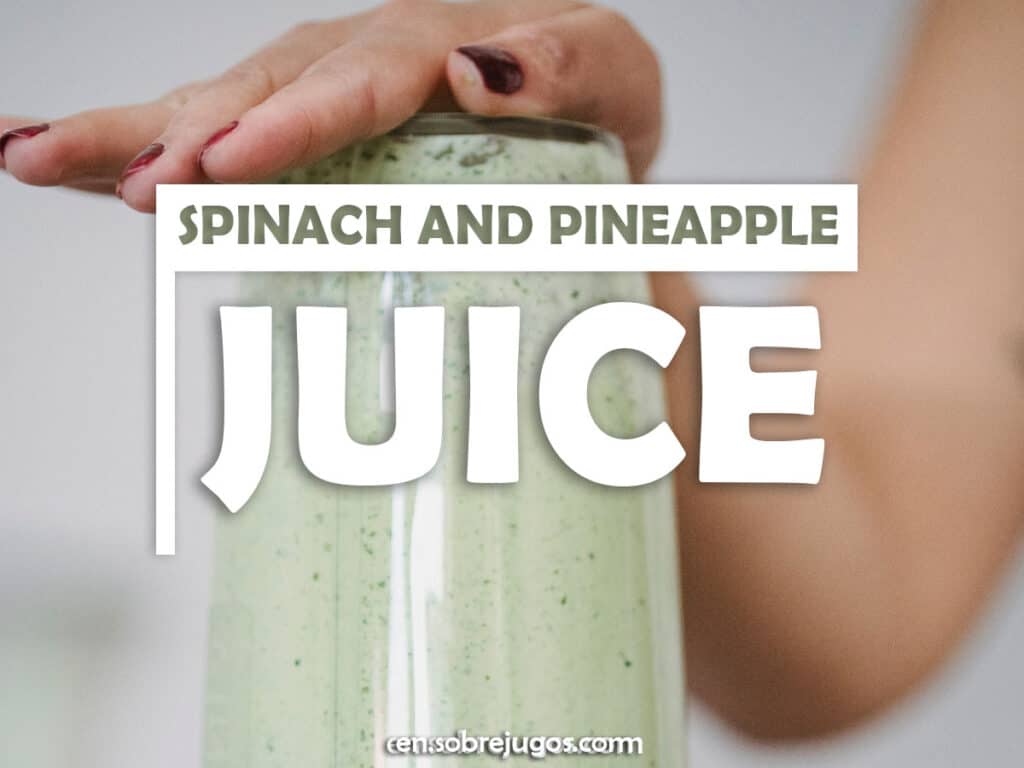
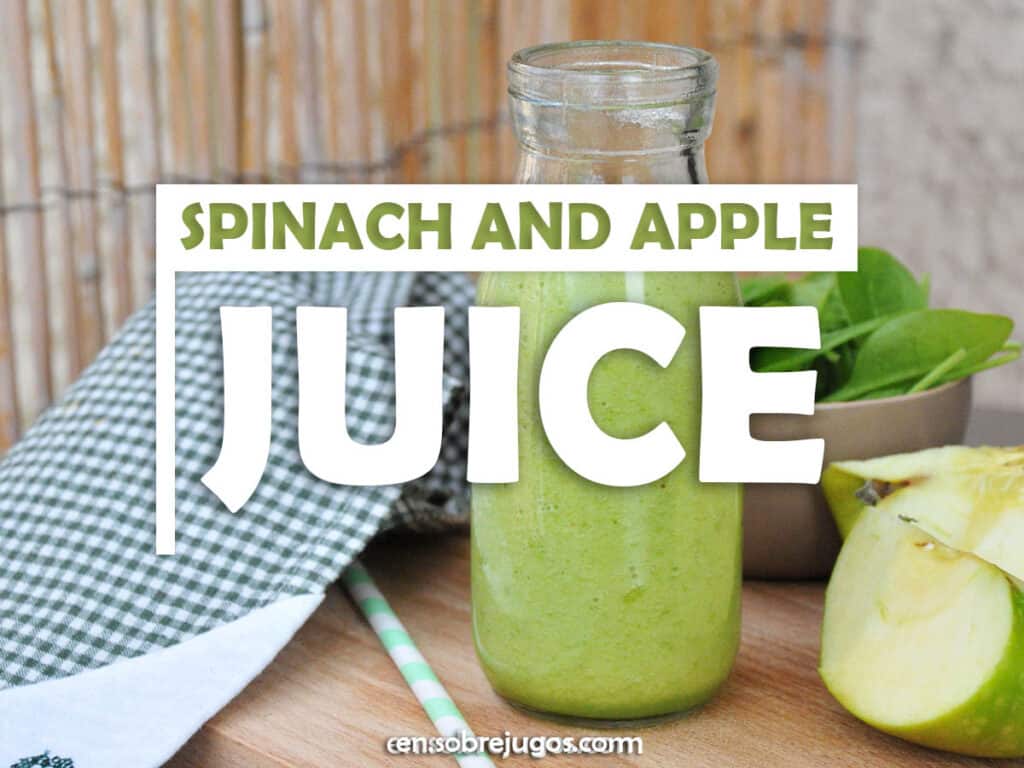
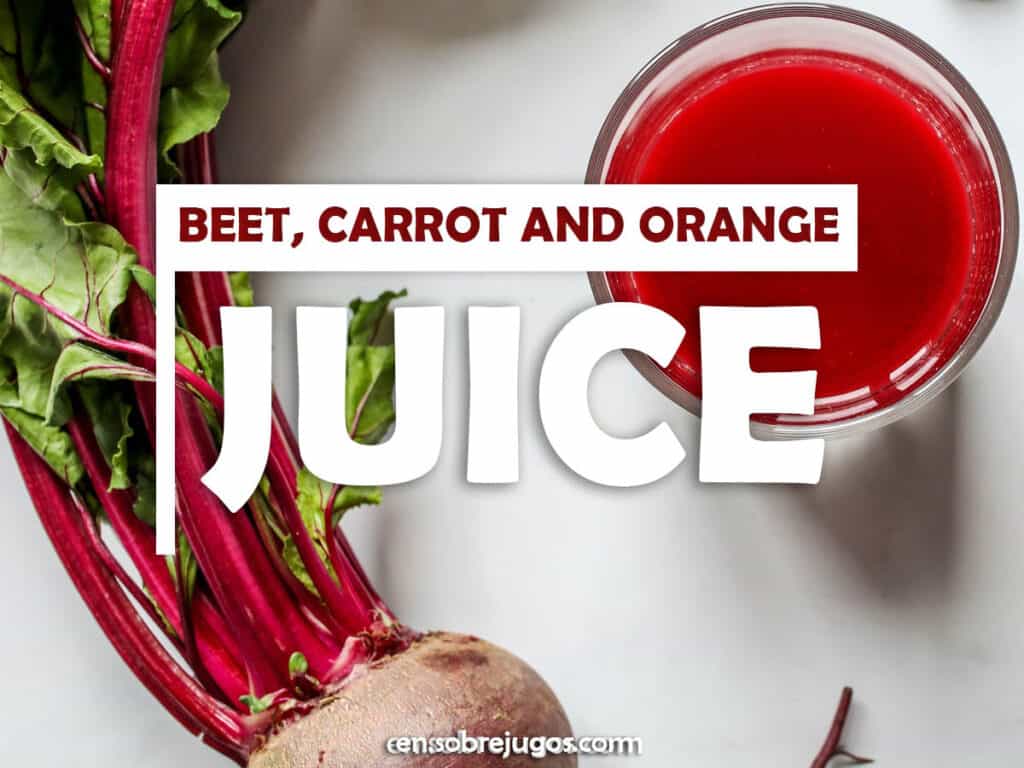
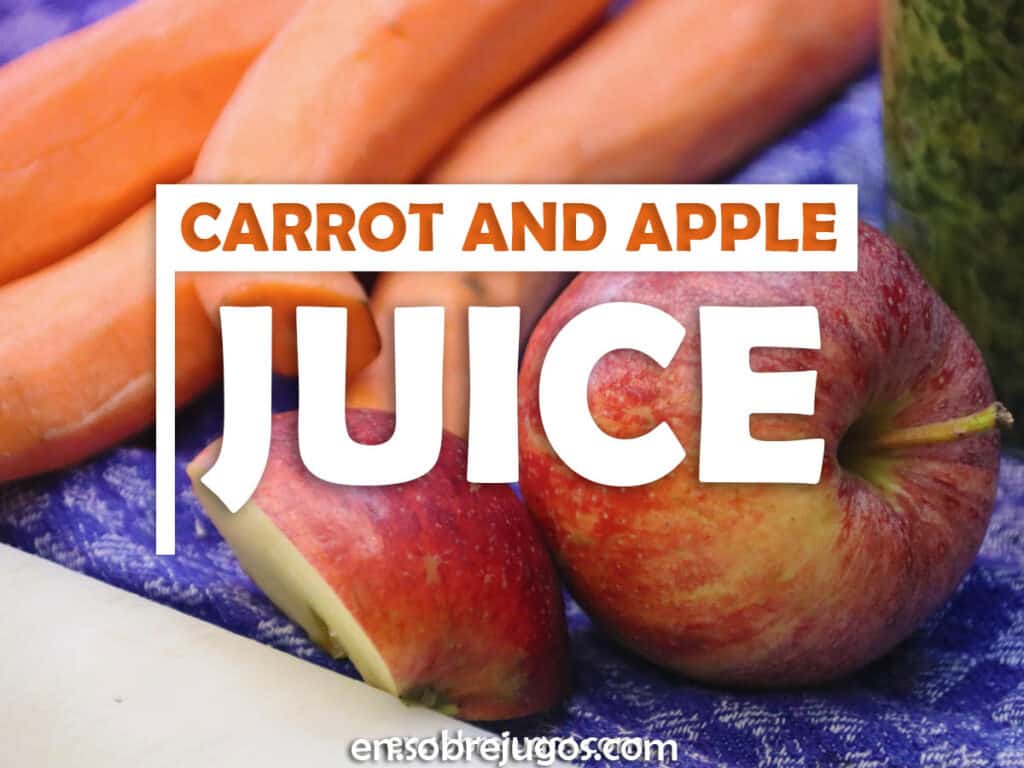

Want to know when we upload new content?
Enter your email address here to get notified.